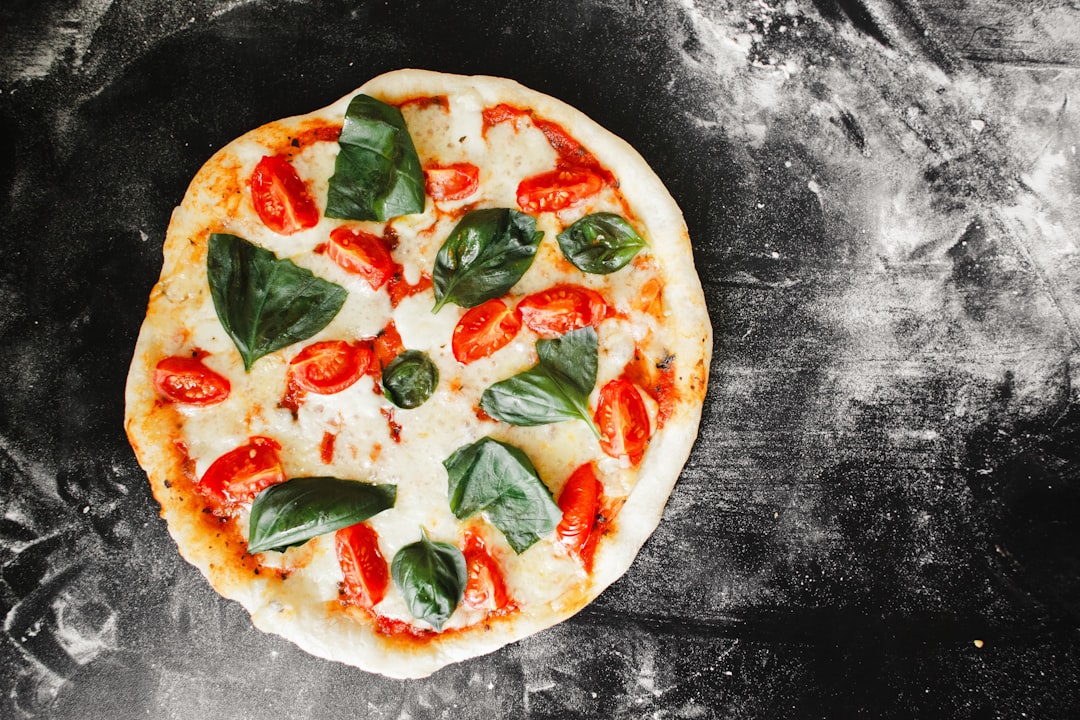A handful of years ago, the term (and hashtag) “clean eating” was all the rage in the food and nutrition world. Since it has no formal definition, what it meant was subjective to the user of the phrase but usually somewhere along the lines of “minimally processed”, “whole foods” or sometimes even “low carb”, “grain free”, “dairy free”, etc., etc., etc. …
© 2025 Kelly Hogan, MS, RD
Substack is the home for great culture



